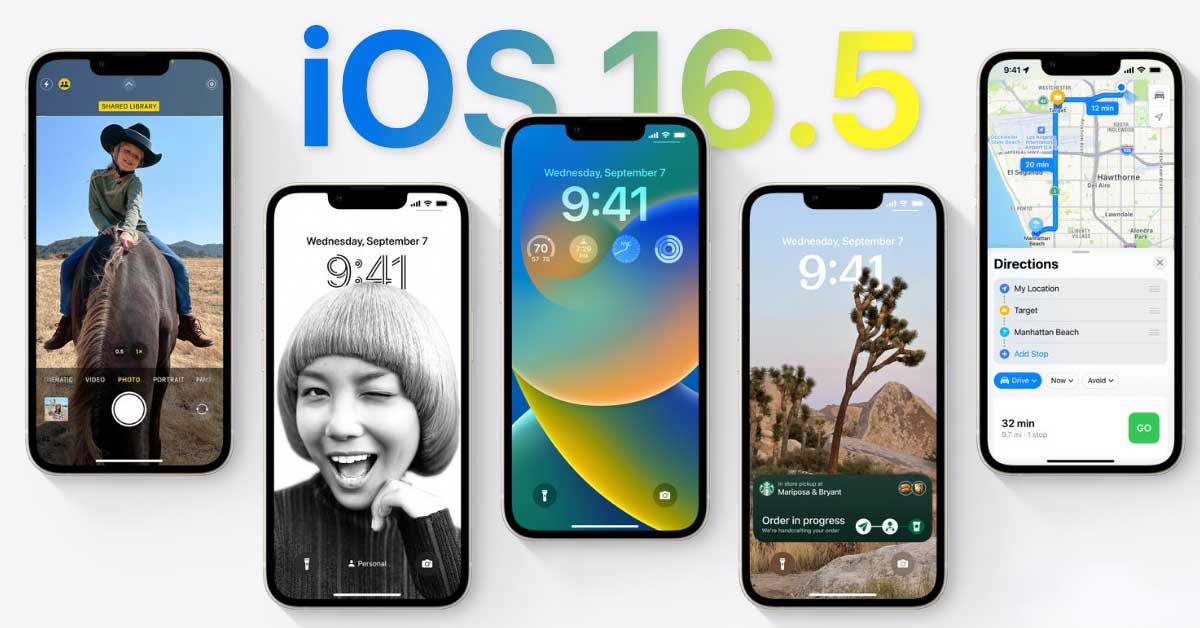In a recent development, Apple, the renowned technology giant, successfully addressed two critical security flaws exploited in iPhones and iPads used for hacking activities in Russia.
Kaspersky Lab, renowned for its expertise in cybersecurity, played a pivotal role in uncovering the security flaws employed to compromise thousands of devices in Russia.
Notably, the senior employees of Kaspersky Lab found themselves among the targeted individuals, highlighting the gravity of the situation. The flaws primarily revolved around utilizing iMessage, Apple's popular messaging platform.

Attackers exploited this vulnerability by sending malicious attachments, which allowed them to execute code on unsuspecting users' devices without their knowledge or consent.
Russian intelligence swiftly attributed the severity of the hacking campaign to the United States, heightening the tensions between the two nations in the realm of cybersecurity. Simultaneously, Russia's Federal Security Service (FSB) pointed fingers at the NSA, accusing it of orchestrating the attacks.
However, the FSB's allegations lacked supporting evidence or a detailed explanation of their reasoning. Despite the accusations, the NSA remained silent, declining to comment.
As the investigations progressed, Kaspersky Lab released additional details regarding the attack, shedding light on the nature of the post-infection malicious code.

This code boasted an array of 24 commands, enabling the extraction of passwords from Apple's Keychain, monitoring user locations, and modifying or exporting files. Georgy Kucherin, Leonid Bezvershenko, and Boris Larin, researchers from Kaspersky, were duly credited by Apple for their instrumental role in discovering these vulnerabilities.
They collectively referred to the attack as "Triangulation," a term that would resonate in the cybersecurity community.
Mitigating the Impact and Collaborative Efforts
Apple acted swiftly to address the security flaws, releasing fixes that protected iPhones running iOS 15.7 or earlier. However, it is worth noting that more recent operating system versions were already immune to these specific attacks.
Apple highlighted that an impressive 90 percent of customers who had purchased devices within the past four years had updated to iOS 16, the latest major release, ensuring they were safeguarded against such threats. In addition to the fixes, Apple's optional Lockdown Mode effectively thwarted the Triangulation attacks, providing users with an extra layer of security.

The collaboration between Apple and Kaspersky in analyzing and resolving the vulnerabilities proved crucial in mitigating the impact of the Triangulation attack.
Kaspersky expressed gratitude for the opportunity to work alongside Apple, underscoring its commitment to protecting users' devices and ensuring the integrity of digital ecosystems. This collaboration served as a testament to the collective efforts required to combat sophisticated cyber threats.
It is noteworthy that Kaspersky has a track record of uncovering and exposing sophisticated spying tools. In the past, they were instrumental in revealing the infamous Stuxnet malware, which targeted critical infrastructure systems.
Such expertise and experience in detecting and analyzing cyber threats add weight to their findings regarding the Triangulation attack.
Broader Implications and Controversies

Controversy has surrounded Kaspersky in the past. U.S. officials claimed that Kaspersky's consumer anti-virus program was utilized to extract classified material, resulting in its ban from federal machines and a subsequent decline in its U.S. market share.
These accusations raised concerns about the potential misuse of the software, thereby intensifying the ongoing debates regarding the involvement of foreign entities in safeguarding national security interests.
The infection technique employed in the Triangulation attack showcased notable similarities to those utilized by NSO Group and other high-end spyware vendors. These parallels highlight cyber threats' sophistication and evolving nature, underscoring the need for constant vigilance and robust security measures.

Russia's FSB intelligence and security agency claimed that Apple collaborated with the NSA to insert a backdoor into iPhones in Russia, thereby enabling the deployment of spyware. Infected iPhones were reportedly discovered among Russian government officials and embassy staff in Israel, China, and several NATO member countries.
Apple categorically denied collaborating with any government to compromise the security of their products, emphasizing their unwavering commitment to user privacy.
Apart from addressing the Triangulation attack, Apple took further measures to enhance the security of their devices. The company promptly patched a zero-day vulnerability in WebKit, a browser engine used in Apple's operating systems.
This patch, which encompassed various updates for iPhones, iPads, Macs, and Apple Watch models, closed the security loophole allowing arbitrary code execution on unpatched devices.
Sources: washingtonpost.com / securelist.com / reuters.com













